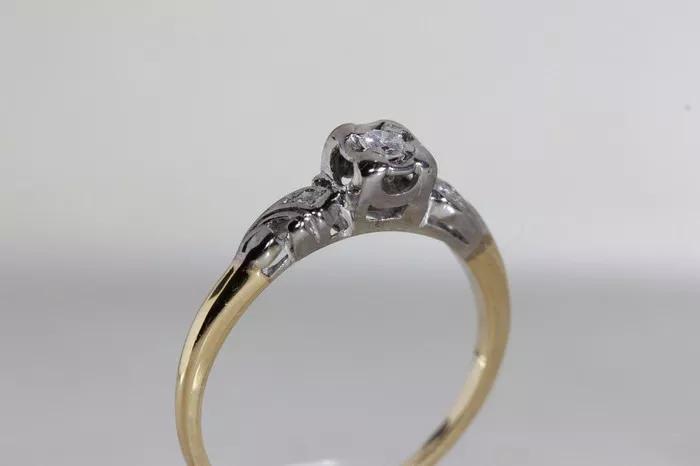For decades, the diamond engagement ring stood as an unquestioned symbol of love and commitment, its value tied to carefully cultivated notions of rarity and romance. But a seismic shift is underway as millennials and Gen Z couples reject these traditions, opting instead for unconventional stones, lab-grown diamonds, and even ringless proposals—upending the $90 billion global jewelry industry in the process.
A report by Bain & Company reveals that sales of traditional diamond engagement rings have plummeted by 35%, with alternative options surging in popularity. Colored gemstones like sapphires, emeralds, and morganites now account for nearly 40% of engagement ring sales, up from just 12% a decade ago. Meanwhile, lab-grown diamonds—once dismissed as “fake” by the industry—have captured 30% of the market, thanks to their identical chemical composition and significantly lower price points.
The reasons behind this shift are multifaceted. Younger consumers are increasingly skeptical of the diamond industry’s marketing tactics, particularly the infamous “A Diamond Is Forever” campaign created by De Beers in the 1940s. “We grew up learning about blood diamonds and unethical mining practices,” says 28-year-old marketing executive Priya Nair, who chose a lab-grown sapphire for her engagement ring. “Why would we spend thousands on something with such a questionable history?”
Financial pragmatism also plays a role. With student debt, housing costs, and economic uncertainty weighing heavily on young couples, many are unwilling to adhere to the outdated “three months’ salary” rule. Instead, they’re redirecting funds toward experiences like travel or homeownership. Some are even forgoing rings altogether—a trend popularized by celebrities like Emma Watson, who famously declared, “I don’t wear rings. Not as a statement, just because I don’t.”
Jewelers are scrambling to adapt. Major retailers like Tiffany & Co. and Cartier have expanded their colored gemstone collections, while startups like Vrai and Brilliant Earth focus exclusively on ethical and sustainable options. Even De Beers, which once dominated the diamond market, has launched its own lab-grown division, Lightbox, signaling an irreversible change in consumer preferences.
As the engagement ring market continues to evolve, one thing is clear: the next generation is rewriting the rules of romance, prioritizing ethics, individuality, and financial sensibility over outdated traditions.

